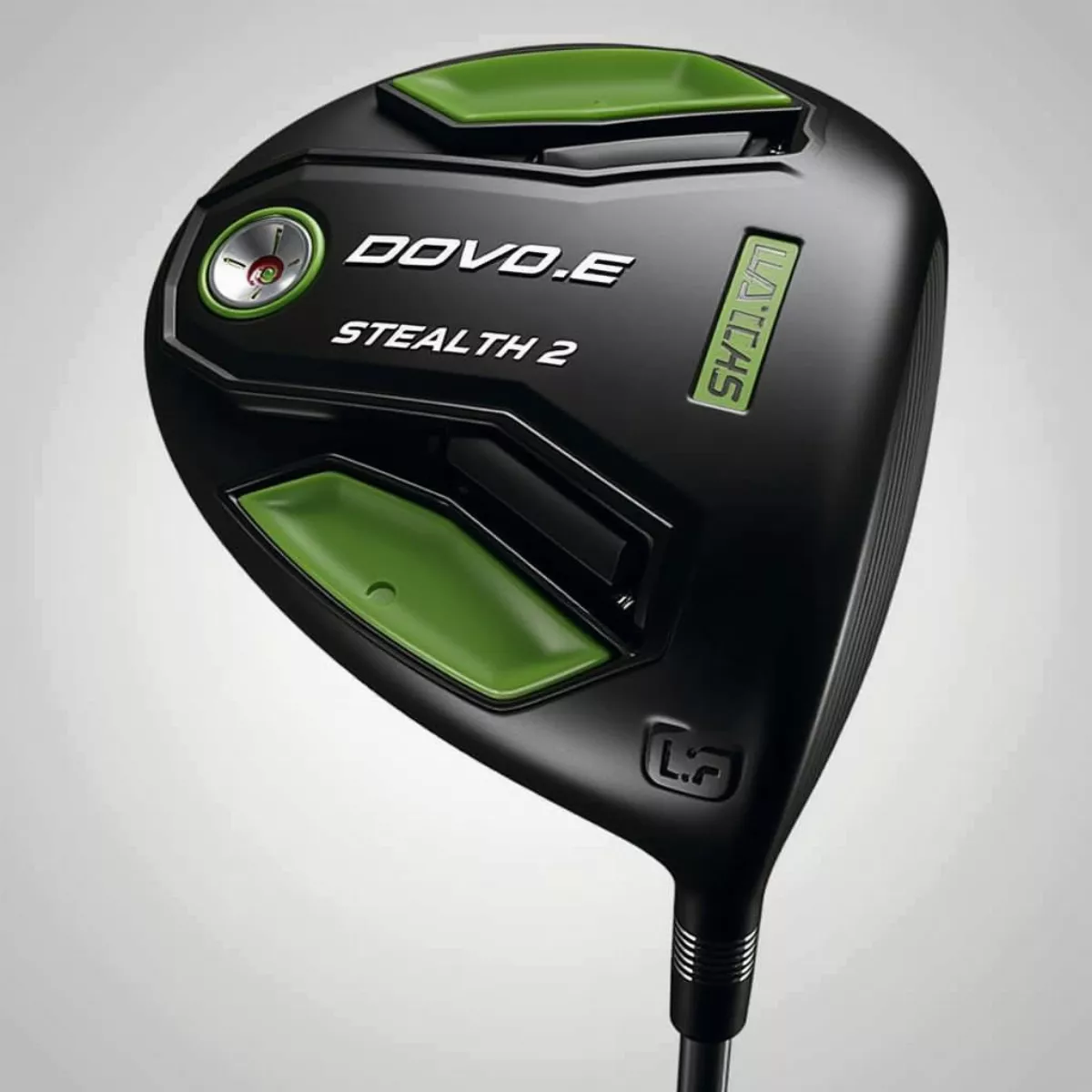what is the best golf driver for distance

Whether you’re a weekend warrior or an aspiring pro, distance off the tee can significantly impact your game. Finding the best golf driver for your needs can feel overwhelming, given the array of options on the market. In this guide, we’ll break down everything you need to know about choosing a driver aimed at maximizing distance.
Understanding Golf Drivers
Golf drivers are designed to hit the ball the farthest compared to other clubs in your bag. Typically, these clubs have the largest heads, allowing for a larger sweet spot, and are suited for hitting off the tee.
Key Features of a Distance Driver
When selecting a driver for distance, pay attention to these crucial components:
- Loft: The angle of the clubface affects launch angle and spin. Drivers typically have a loft ranging from 8 to 12 degrees. A lower loft provides more distance for players with faster swing speeds.
- Clubhead Size: Most modern drivers have a clubhead size of 440cc to 460cc. Larger heads generally provide a larger sweet spot.
- Weight Distribution: Many drivers feature adjustable weight technology, allowing for the shifting of weight to optimize ball flight.
- Shaft Flexibility: The flex of the shaft impacts your swing speed and trajectory. Choose a flex that matches your swing speed—stiff for faster swings, and regular or senior for slower swings.
- Material: Common materials in modern drivers have evolved from steel to titanium, which reduces weight while maintaining strength.
The Ideal Golf Driver For Distance
As we dive deeper, let’s explore some of the top drivers recommended for distance. Here’s our list of best golf drivers for distance in 2023.
1. TaylorMade Stealth 2 Driver
- Loft: 9° – 12° (adjustable)
- Weight Distribution: Inverted cone technology improves performance
- Price Range: $499
Strengths:
- Ideal for maximizing distance and forgiveness.
- Enhanced aerodynamics help reduce drag.
Drawbacks:
- Some players may find it a bit heavier than competitors.

2. Callaway Rogue ST Max Driver
- Loft: 9° – 12° (adjustable)
- Weight Distribution: Tungsten weight for more forgiveness
- Price Range: $599
Strengths:
- The Flash Face technology improves speed.
- Excellent spin control for better distance.
Drawbacks:
- Priced higher than average drivers.
3. Ping G425 Max Driver
- Loft: 9° – 12° (adjustable)
- Weight Distribution: Moveable weight technology to adjust swing weight
- Price Range: $525
Strengths:
- Known for unparalleled stability and forgiveness.
- Efficient for both distance and control.
Drawbacks:
- Bulky design may not appeal to all players.

4. Cobra Radspeed Driver
- Loft: 10.5° – 12° or adjustable
- Weight Distribution: Radial weighting for increased speed
- Price Range: $399
Strengths:
- Versatile adjustability.
- Great value for performance balance.
Drawbacks:
- Not as widely available as others.
Factors to Consider When Choosing a Driver for Distance
In addition to the features outlined above, consider the following points:
- Swing Speed: Match the driver’s shaft flex with your swing speed. A proper fit maximizes your distance.
- Grip Size: Your grip size influences control and wrist position. Ensure the driver aligns with your hand size.
- Ball Type: Pay attention to the type of golf balls you’re using; some are designed to optimize distance much better than others.

How to Test Your Driver
Before you decide to make a purchase, it’s essential to test a few drivers on the range or during a fitting session. Here are steps to test:
- Use a Launch Monitor: Seeing data like launch angle and spin rate can help you understand how well the driver suits your swing.
- Compare: Hit a few balls with different drivers to see which feels best and yields the furthest distance.
- Seek Professional Help: Many golf stores offer fitting sessions that can provide recommendations.
Key Takeaways
- Choosing the best driver for distance requires understanding loft, weight distribution, and shaft flexibility.
- Popular distance drivers to consider include the TaylorMade Stealth 2, Callaway Rogue ST Max, and Ping G425 Max.
- Test various drivers to ensure a perfect fit for your swing style.
Frequently Asked Questions (FAQs)
1. What is the most important feature in a golf driver for distance?
The most crucial feature is loft since it influences launch angle and ball speed.
2. Do I need a higher loft if I have a slower swing speed?
Yes, generally speaking, players with slower swing speeds benefit from a higher loft for a better launch angle and distance.
3. Is it worth getting a custom-fitted driver?
Absolutely! A custom fitting takes into account your swing characteristics and greatly enhances performance.

4. Do all drivers have adjustable loft?
Not all drivers feature adjustable lofts, but many modern options do, which can help you customize your game effectively.
5. Should I consider the driver’s weight?
Yes, the weight can affect clubhead speed and control. Consider your swing style when choosing a driver.
6. Are expensive drivers worth it?
Often, higher-priced drivers incorporate advanced technology that enhances performance. However, it’s essential to find one that suits your specific needs.
7. How often should I change my driver?
Most golfers should consider replacing their driver every 3-5 years, or sooner if they notice decreased performance.
Conclusion
Finding the best golf driver for distance is a personalized journey where considerations like loft, weight distribution, and grip size can significantly impact your game. With technology advancing each year, it’s worth investing time in research and testing to elevate your performance on the course. Remember, a correctly fitted driver can help you maximize your distance, lower your scores, and ultimately enhance your enjoyment of the game.
Let’s hit the course—after all, the longer the drive, the closer you are to that birdie!